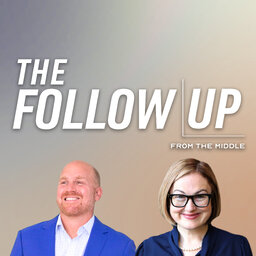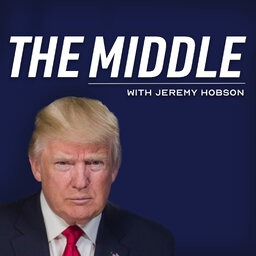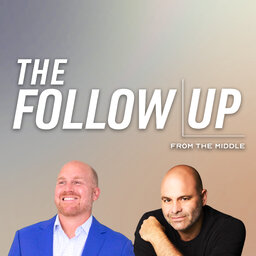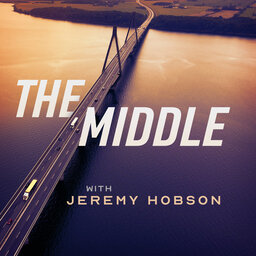Is money corrupting our politics?
On this episode of The Middle we're asking you: is money corrupting our politics? We're joined by former Arizona Attorney General Terry Goddard and Sarah Bryner - director of research at Open Secrets. The Middle's house DJ Tolliver joins along with his band, plus questions from our live audience. #Money #Politics #CampaignFinance #CitizensUnited #SuperPAC
In 1 playlist(s)
The Middle with Jeremy Hobson
The Middle with Jeremy Hobson is a national call-in talk show focused on bringing the voices of Amer…Social links
Follow podcast
Recent clips

The Follow Up: Fear in Trump's First Year, Michigan and the Midterms
22:56

One year of Trump: How are His Policies Affecting You?
49:39

The Follow Up: Minneapolis, Maduro’s Capture, and the First Days of Mamdani
26:52
 The Middle with Jeremy Hobson
The Middle with Jeremy Hobson